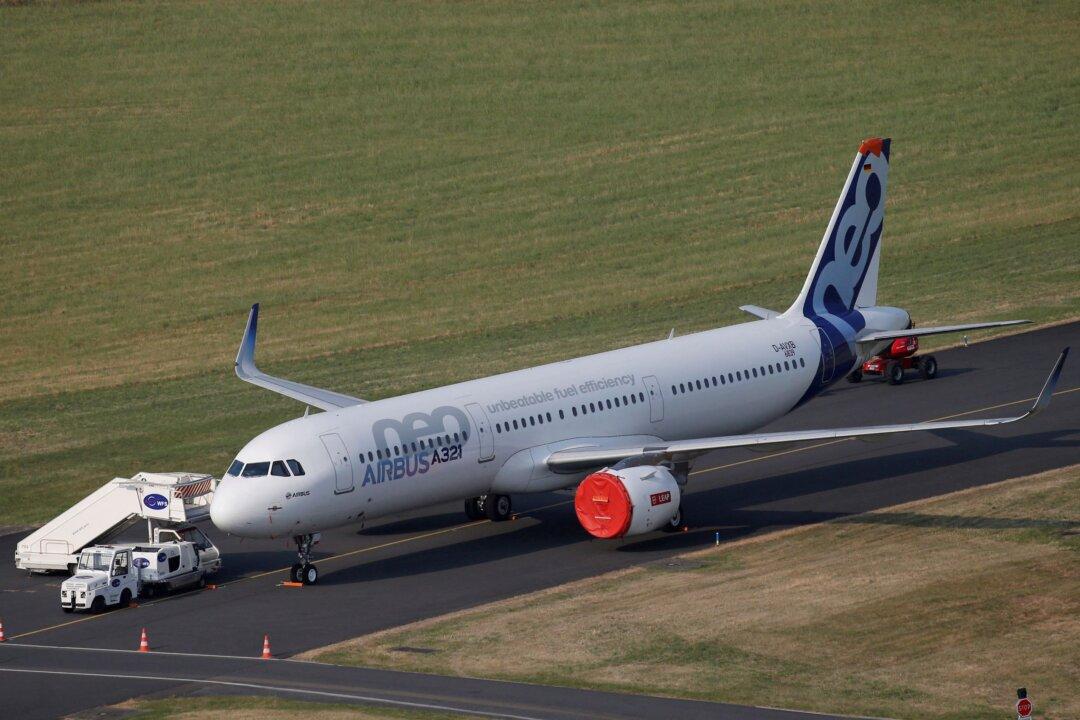LONDON—A British judge on Tuesday denied a bid by Qatar Airways to reinstate a jet contract cancelled by Europe’s Airbus in the latest twist to a dramatic feud playing out in UK courts.
The companies have been locked in a safety dispute for months on Europe’s A350 long-haul jet. Their unprecedented bust-up widened in January when Airbus revoked a separate deal for 50 smaller A321neos that Qatar says it needs to open new routes.





